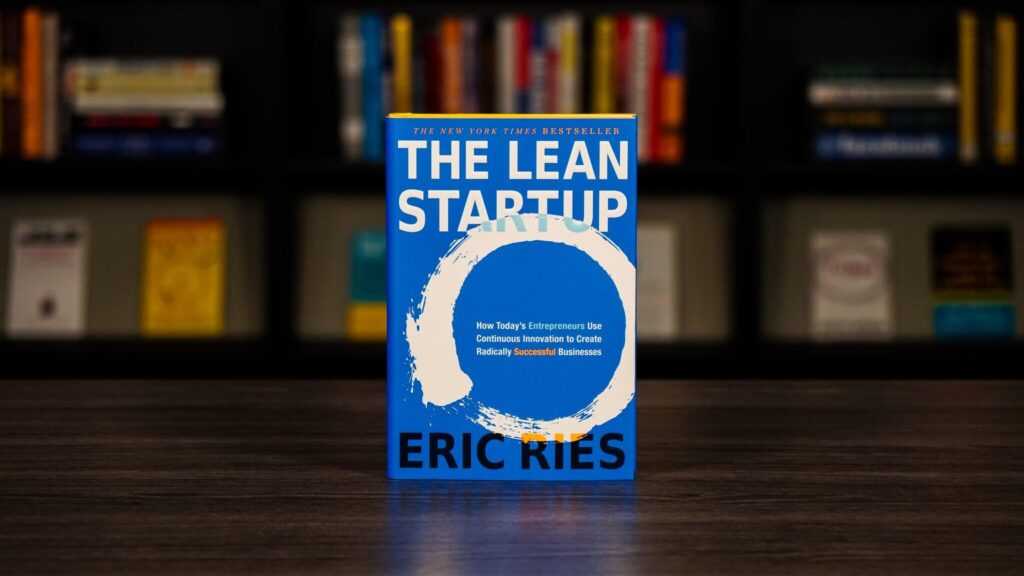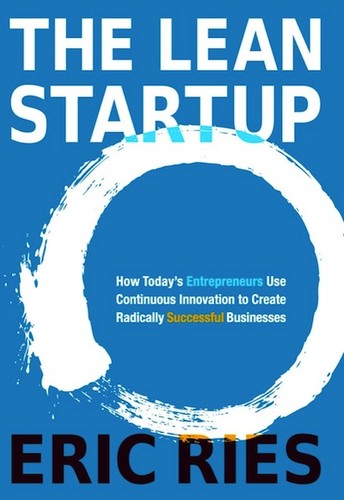
Introduction
The Lean Startup methodology has been gaining popularity in recent years as a powerful framework for building and growing startup businesses. In Eric Ries’ book, “Unlocking Growth: Implementing The Lean Startup Methodology,” readers are introduced to this methodology and provided with practical insights on how to apply it in their own ventures.
Throughout the book, Ries shares his own experiences as a serial entrepreneur and offers valuable guidance on how to effectively validate ideas, iterate quickly, and make data-driven decisions. By embracing the Lean Startup approach, entrepreneurs can significantly increase their chances of success and unlock growth in their businesses.
Key Takeaways
- The Lean Startup methodology is a powerful framework for building and growing startup businesses.
- Validating ideas, iterating quickly, and making data-driven decisions are key principles of the Lean Startup approach.
- By embracing the Lean Startup methodology, entrepreneurs can increase their chances of success and unlock growth in their businesses.
Implementing The Lean Startup Methodology
In “Unlocking Growth: Implementing The Lean Startup Methodology,” Ries provides a comprehensive guide on how to implement the Lean Startup methodology in practice. He emphasizes the importance of continuous learning and experimentation, encouraging entrepreneurs to test their assumptions, gather real-world feedback, and adapt their strategies accordingly.
One of the key aspects of the Lean Startup methodology is the concept of the Minimum Viable Product (MVP). Ries highlights the significance of building and launching a MVP as early as possible, enabling entrepreneurs to get valuable insights from customers and adjust their product or service accordingly. This iterative approach not only reduces the time and resources wasted on building unnecessary features, but also increases the likelihood of creating a solution that truly meets the needs of the target market.
Throughout the book, Ries also emphasizes the importance of collecting and analyzing data to make informed decisions. By implementing metrics and measuring key indicators, entrepreneurs can gain valuable insights into the effectiveness of their strategies and identify areas for improvement. This data-driven approach allows for continuous optimization and increases the chances of achieving sustainable growth.
Additionally, “Unlocking Growth” provides practical advice on how to navigate the challenges and uncertainty that often come with starting a new business. Ries shares his own experiences and lessons learned, offering valuable insights on topics such as building a strong team, managing resources effectively, and adapting to market changes. His anecdotes and real-world examples make the book relatable and provide readers with actionable strategies that can be applied to their own ventures.
Frequently Asked Questions
- What is the Lean Startup methodology?
- The Lean Startup methodology is a framework for building and growing startup businesses. It emphasizes validated learning, rapid experimentation, and making data-driven decisions.
- How can the Lean Startup methodology help entrepreneurs?
- The Lean Startup methodology helps entrepreneurs increase their chances of success by encouraging them to validate ideas, iterate quickly, and make data-driven decisions. By continuously learning from customer feedback and adapting their strategies, entrepreneurs can unlock growth in their businesses.
- Is the Lean Startup methodology only for tech startups?
- No, the Lean Startup methodology can be applied to startups in various industries. While it originated in the tech industry, its principles of iterative learning and experimentation are applicable to any startup seeking growth.
- Where can I learn more about training profits?
- If you are interested in learning more about training profits, you can visit trainingprofits.com for valuable resources and insights on maximizing training profits.



